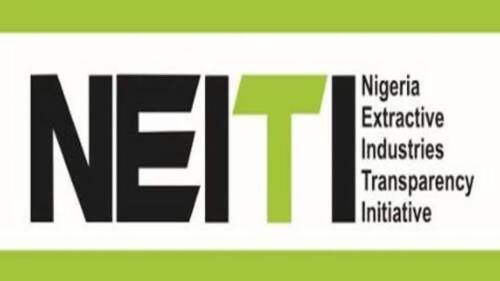The Nigeria Extractive Industries Transparency Initiative (NEITI) has revealed that it has commenced a study to determine the actual consumption of petrol in Nigeria.It noted that the high petrol consumption figures being released by some agencies of government were not correct.
The Executive Secretary, NEITI, Ogbonnaya Orji, disclosed this Tuesday in Abuja while speaking to journalists during Stakeholders Validation Workshop on the 2022 Annual Progress Report for Nigeria’s Extractive Industries.
He stressed that the federal government should not go back on its decision to remove subsidy on petrol despite the opposition against the move.
Orji said NEITI knew that subsidy removal would throw up a lot of other issues adding that one of those issues was the actual consumption figure of petrol.
His words: “For a very long time, my disposition has been for the removal of subsidy. And this government, right from day one has taken that bold step. There shouldn’t be any going back.
“We should move forward from there and then put in place a robust arrangement that will show a clear departure from the way and manner we have operated under subsidy. Nigerians want to see what will change when the subsidy is no more.”
Orji said NEITI had highlighted that subsidies put a lot of impediments on transparency and accountability in the management of revenues from the oil and gas industry over the years.
He added: “We believe that the figures that are being thrown up as daily consumption of PMS in Nigeria are not very correct. We think we need to have an empirical figure and that is why NEITI is commissioning a study on the actual PMS consumption in Nigeria.
“We have every reason to believe that the figure may be less than what is being projected and the removal of subsidy has also removed all the incentives for hiking this figure in a manner that lacks empirical and logical reason.
“Orji maintained that the removal of subsidy will remove a lot of opacity and suspicion in budgeting based on estimates, saying that was why subsidy removal was a very fundamental policy shift that needed to be sustained.”
He was, however, of the opinion that some steps should be put in place to cushion the immediate effects that subsidy removal had brought to bear on the vulnerable and less privileged poor, who were spread across the working and non-working class.
“We just need the impact of this subsidy removal to reflect in the improvement of the general well-being of Nigerians and in our social infrastructure,” he stressed.
On where to invest subsidy savings, Orji said, “We had suggested that subsidy should be removed. Now it has been removed. We are now pleading and requesting that a robust arrangement be put in place to show Nigerians the impact of subsidy removal in terms of roads built, infrastructure, access to health, education, etc.

